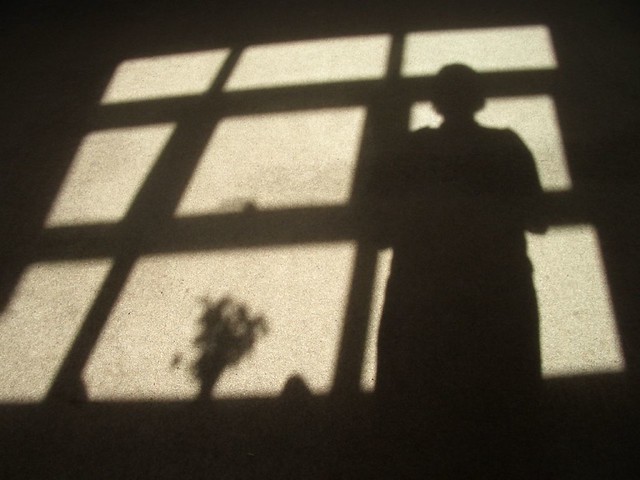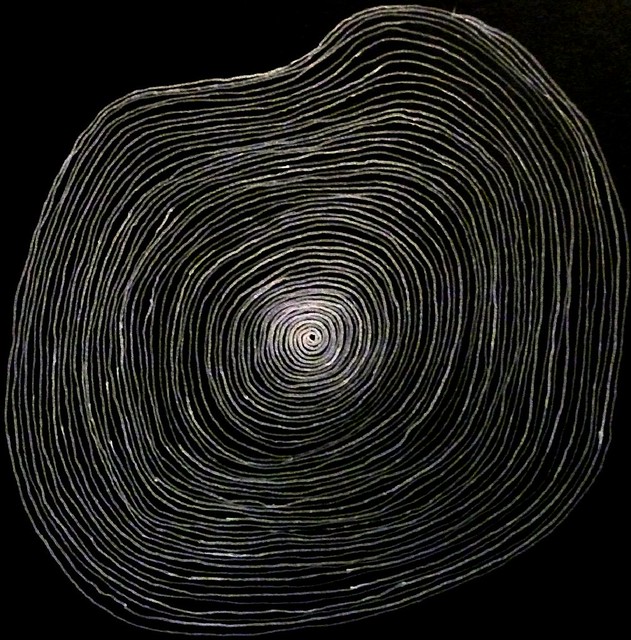
Today is the day I welcome Eric Maisel back to my blog again (well, technically speaking it wasn't this blog he visited last time but it was still my blog). Last time it was to talk to Eric about his book, The Van Gogh Blues, and this time it's to share his latest book, Rethinking Depression: How to Shed Mental Health Labels and Create Personal Meaning
If you have visited my blog in the last couple of weeks then you'll know that I've just emerged from chronic depression/a long-running existential crisis but back in February when I first purchased the Kindle version of Rethinking Depression I had barely accepted that I was depressed, let alone imagined that I would emerge from the darkness any time soon.
Eric's latest book builds on the ground he explored in The Van Gogh Blues but it is not just a semantic restatement of those ideas, it challenges the very foundations that book was based on - Rethinking Depression feels to me like the work of someone who is running out of both time and patience with the world and is therefore determined to get their message across as clearly as possible to rouse an audience from their unquestioning slumber before it is too late for all of us. And Eric's message couldn't be any clearer or more provocative - in short, the long-standing trend towards defining sadness as depression and treating it as a medical disease serves only the purposes of the medical industry and not those of the patient. His aim is to "point you in the direction of your own knowing." and help the reader question whether depression really exists.
Given that I had been diagnosed with depression and prescribed anti-depressants by my GP less than a month before I started reading Rethinking Depression you'll understand why Eric's assertion was a somewhat bitter pill for me to swallow. His words chimed deeply with my own knowing (as vague as that was) but at that very same moment I was putting my faith in modern medicine to provide me with a safety net while I continued working with my therapist to try and step away from the metaphorical cliff's edge that I found myself beside when I awoke every morning. To say that I was conflicted while reading Rethinking Depression would therefore be a massive understatement.
Eric's argument isn't that a deep unrelenting melancholy doesn't exist but he offers some pretty persuasive arguments for why those feelings of despair and meaninglessness do not add themselves up to a medical condition. What Eric seems to be aiming to do with his latest book is no less than achieve a monumental paradigm shift, one reader at a time. Rethinking Depression challenges the reader to enter into a conversation about the current state of the mental health industry and invites us to step up to the plate, stand still for a moment and decide to force our own life to mean something despite all of the barriers in our path. Although Eric doesn't offer all the answers, because only we can decide what makes life meaningful for us, he does offer some unflinching words of guidance to help with the journey:
"Decide to live until death wrests away your freedom."
"...create your life-purpose vision and then [...] do the best you can."Eric's vision for the reader seems to be that they choose to fight the good fight, creating meaning in their own life day after day, year after year, moment to moment. To paraphrase Oliver Wendell Holmes it requires us to do nothing less than get to the simplicity that lies on the other side of complexity and to ignore the temptation to either exist in the mediocre, meaningless simplicity on this side of complexity or to lie down and try to make ourselves at home within the complexity itself. Now that I finally feel like I emerged from the chaotic, dark complexity that I made my home pretty much all of my adult life I am re-reading both Rethinking Depression and The Van Gogh Blues with new eyes and I can already report that the view from here makes it worth every step of the climb. I feel like I'll need to review both books again next month to do either of them the justice they deserve.
You can see what other folks think about Rethinking Depression by following the blog tour schedule on Eric Maisel's website. Rethinking Depression is available from Amazon in Kindle or paperback format if you'd like to enter into the conversation yourself.
NB: Any money that I make from the Amazon affiliate links in this blogpost will be donated directly to the Maytree Respite Centre.





